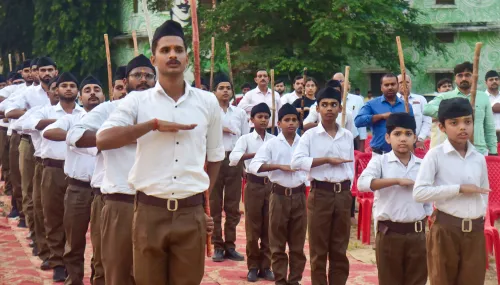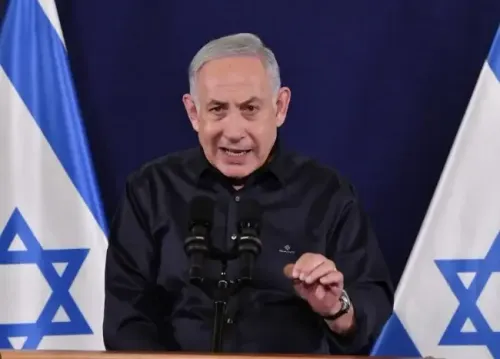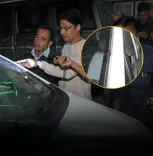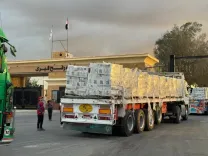Will the Supreme Court Hear the Plea of ‘Udaipur Files’ Producer Against Release Stay?
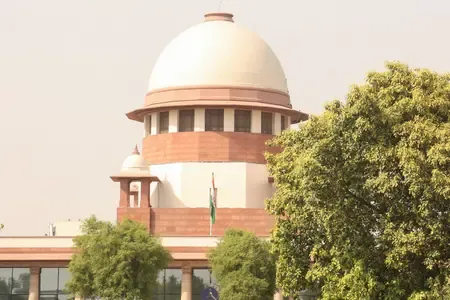
Synopsis
Key Takeaways
- Supreme Court will hear plea against film release stay.
- Film ‘Udaipur Files’ is based on a sensitive murder case.
- Delhi High Court's stay raises freedom of expression concerns.
- CBFC certification questioned for potential communal impact.
- Legal outcomes could shape future film regulations.
New Delhi, July 14 (NationPress) The Supreme Court has consented to promptly address a plea presented by the producer of the film ‘Udaipur Files’, which contests the Delhi High Court ruling that had temporarily obstructed the film's release linked to the Kanhaiya Lal murder incident.
A panel comprising Justices Surya Kant and Joymalya Bagchi confirmed that the case would be scheduled for a hearing within a couple of days after senior lawyer Gaurav Bhatia requested an urgent review.
The movie was originally set to premiere on July 11 and portrays the horrific murder of Kanhaiya Lal, a Rajasthan tailor, in June 2022, executed by Mohammad Riyaz Attari and Ghaus Mohammad by slitting his throat.
Just a day prior to its scheduled release, the Delhi High Court issued a stay on the film’s release until the Centre evaluates the revision plea from the petitioners contesting the Central Board of Film Certification (CBFC) approval.
This case was part of a series of appeals being considered by a Bench led by Chief Justice D.K. Upadhyaya and Justice Anish Dayal, which included a request from Maulana Arshad Madani, President of the Islamic clerical body Jamiat Ulema-i-Hind, aiming to annul the CBFC certification granted to the film.
According to the petition submitted by Maulana Arshad Madani, the CBFC approval was issued in breach of Section 5B of the Cinematograph Act, 1952, and the Guidelines for Film Certification, arguing that the film's release could incite communal discord and jeopardize public order, significantly disrupting the religious harmony of the nation.
In the ruling made on July 10, the Chief Justice Upadhyaya-led panel permitted both the petitioners and the public to file a revision plea within two days to the Union Government under Section 6 of the Cinematograph Act.
This section grants the Centre sufficient authority to declare a film as uncertified or implement interim measures, including suspending its public exhibition.
The Delhi High Court has instructed the Centre to resolve the revision pleas within a week, ensuring that the producer is granted an opportunity to present their case.
Additionally, it has been mandated that any requests for interim relief will also be taken into account and determined.



